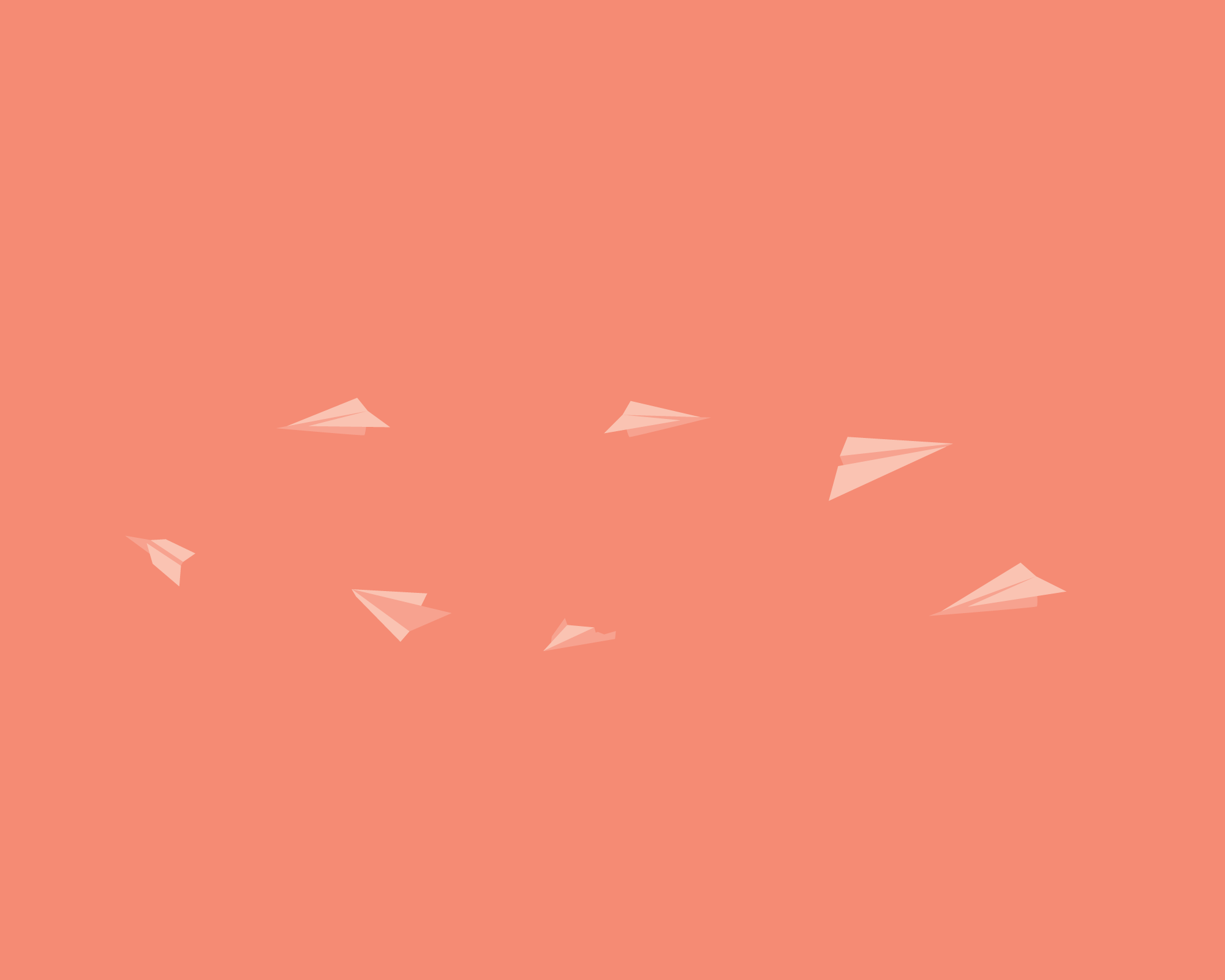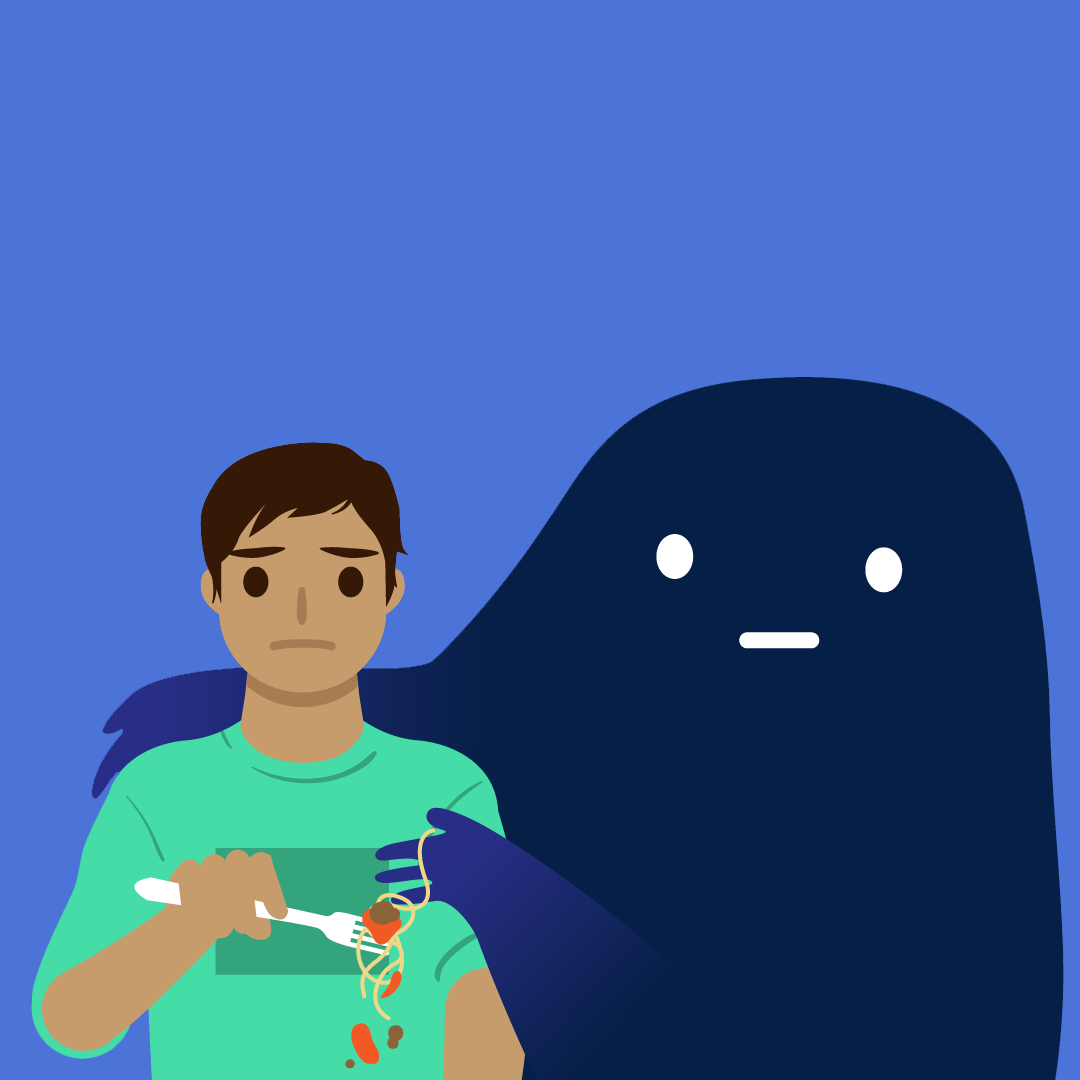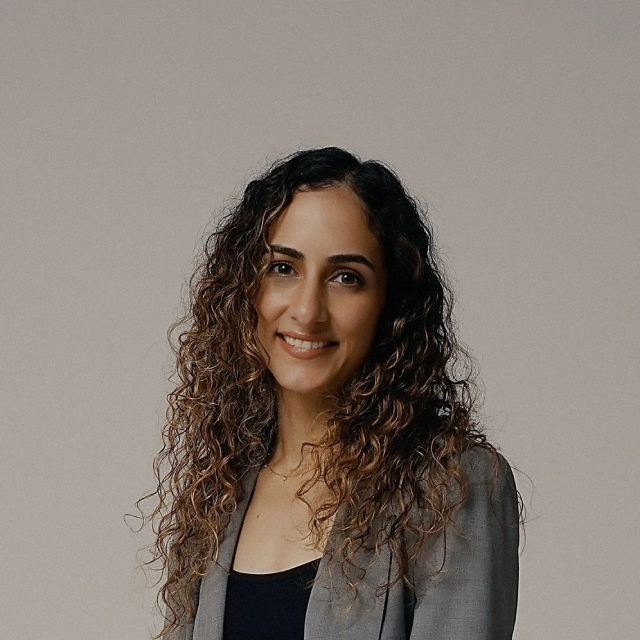
What is depression?
Depression is a mood disorder marked by persistent sadness and diminished interest in things that you used to enjoy. It affects your thoughts, feelings, and behaviors in a number of ways. Depression interferes with your daily life by making it difficult to manage your routines, responsibilities, and relationships.

“Receiving appropriate general psychological help, let alone help for postpartum issues in an environment where mental health is significantly undervalued had proven to be a challenge until I stumbled upon the Thrive Wellbeing Centre. ”

Depression is a relatively common (The World Health Organization estimates that around 300 million people suffer from some form of depression worldwide)- yet potentially serious - condition that can affect your quality of life. The good news is that depression is manageable and treatable. The first step is acknowledging that you might be struggling - which you have already done by finding this page. The second step is asking for help. What are you waiting for? Take the next step and reach out - it could very well change your life. Remember, needing support doesn’t make you weak or flawed. We all need a little extra help sometimes and our expert psychologists are here for you.

Am I Depressed?
Low mood (feeling sad, feeling depressed, or feeling down for most of the day)
Change in appetite (eating more or less than usual) with corresponding weight change
Feelings of guilt or worthlessness
Difficulty concentrating or thinking
Lack of energy (fatigue)
Loss of interest in activities that you once enjoyed
Sleep disturbances (sleeping more or less than usual; difficulty falling asleep or staying asleep)
Recurrent thoughts of death or suicide, or suicidal behavior
Many people experience these symptoms of depression without being depressed. You may be depressed if these depression symptoms persist for two or more weeks, and are not caused by a clear trigger such as death of a loved one, substance use, or health issues. We recently wrote a blog answering the question “am I depressed or sad?” which might further your understanding of depression. Read more about depression symptoms here. A recent study conducted in the US found that nearly 1 in 12 adults reported having depression.

How to overcome depression
Overcoming depression is an individual journey. You don't have to do it alone. Professional help - through a therapist and/or psychiatrist - can provide you with a the personalized treatment plan and support that you need for your situation.
Here are some small behavioral shifts that can help alleviate the symptoms of depression, which is the first step to overcome depression.
Healthy Lifestyle: Engage in regular exercise, eat a balanced diet, and prioritize sleep. Physical activity can boost mood and overall well-being. [we can link to our resources page where we have some downloadable materials]
Mindfulness and Relaxation Techniques: Practices like mindfulness meditation, deep breathing exercises, or yoga can reduce stress and improve emotional resilience.
Connect with Others: Surround yourself with supportive friends, family members, or a support group. Sharing your feelings and experiences with others can provide emotional support.
Educate Yourself: Learn about depression and its treatments. Understanding your condition can empower you and reduce stigma.
For more information on how to overcome depression please contact us.

Your life and well-being are important. We are here to support you.

Depression is more than feeling sad
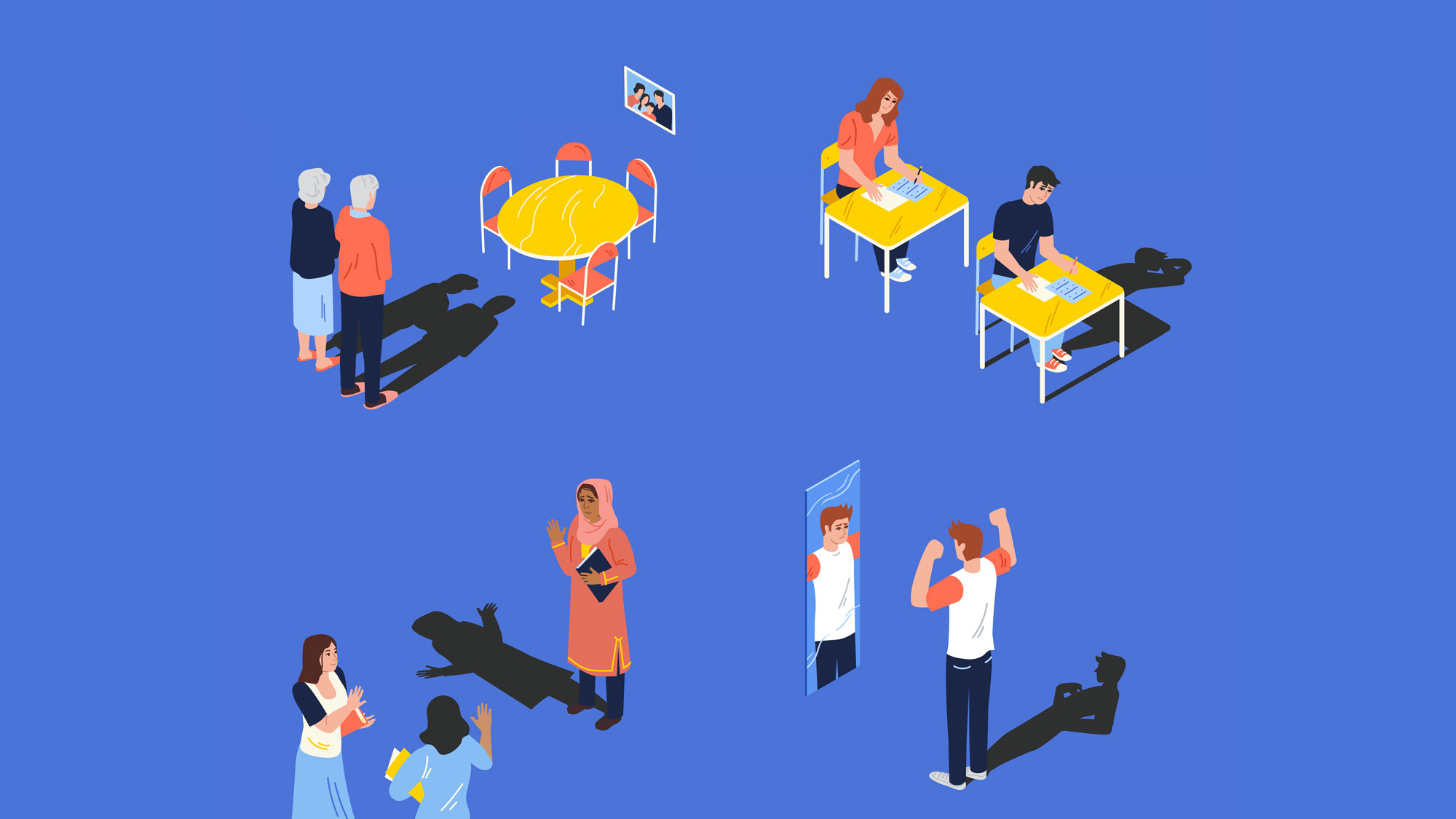
Are there different types of depression?
There are several types of depression, and their intensity can range from mild to severe. The following is a basic guide to some of the different forms of depression. For more information, we recommend visiting Beyond Blue or Mayo Clinic.
1. Major depression
Major depression is also known as clinical depression, major depressive disorder, or unipolar depression. Major depression includes at least one of the following symptoms: 1) consistent low mood and 2) loss of pleasure in usually enjoyable activities and at least three of the other symptoms listed above. depression is one of the most common mental health challenges that people face. According to recent statistics, around 1 in 6 women and 1 in 8 men will experience some level of depression during their lifetime. Typically this form of depression is described as either mild, moderate, or severe. We offer several treatment options at Thrive. The treatments we use are evidence-based and effective. Please see below for more information.
2. Bipolar Disorder
This disorder used to be called manic depressive disorder. Someone with bipolar disorder goes through alternating phases of depression and mania. People with bipolar disorder have longer waves of depression (see above for symptoms) and shorter waves of mania. Many people think that mania is extreme happiness, but that’s not the case. Mania refers to a period of hyper-elevated mood, high energy, euphoria, and racing thoughts. As you can see, depression and mania have contrasting symptoms. Treating bipolar disorder often requires a combination of antidepressant medication, psychotherapy, and psychoeducation.
3. Postpartum depression
Women are at an increased risk of depression during pregnancy (known as prenatal depression) and in the year or so after giving birth (known as postnatal depression or post-partum depression). Postpartum depression is not the same as the baby blues. The baby blues usually occurs within a few days of giving birth. You might have the baby blues if you have mood swings, cry a lot, and feel overwhelmed after the arrival of your baby. These feelings are relatively common, which is why about 80% of women experience the baby blues.
Postpartum depression, on the other hand, can occur anytime in the year after you have your child. It lasts for two or more weeks, rather than a few days. People with postpartum depression experience severe mood swings, excessive crying, feelings of inadequacy, have difficulty bonding with their baby, and may contemplate suicide. Postpartum depression affects the mother, as well as her relationship with her baby, the development of the infant, and the mother’s other relationships. Postpartum depression, as with other types of depression, is both manageable and treatable. Get in touch with us to find out how we can help you.
What causes depression?
depression is widespread; women experience it almost twice as much as men; although men are less likely to reach out for help and usually when they do it’s more severe.
There are many factors that are linked to depression. The three main contributors are:
1. Biological factors
Research shows that some people are more likely to experience depression based on their biological profile and family history. depression is linked to certain genes, diminished brain activity, brain structure (smaller frontal lobes), and reduced neurotransmitters.
2. Psychological factors
Stress and trauma can trigger depression, especially if you are at heightened risk due to biological factors. For about 1 in 4 people, depression is triggered by a significant loss or trauma, such as a loved one’s death, marital separation or divorce, or long-term job loss.
3. Socio-cultural factors
depression can also be triggered by our socio-cultural context. Many people struggle with their roles in society - especially when they believe that they are not meeting expectations. For example, we often see men and women who think that they are not living up to their roles as parents, partners, daughters/sons, employees, or members of their community.
Research shows that people with depression often view life through “dark-coloured” glasses. This means that people with depression tend to make negative assumptions about themselves, the situation(s) they are in, and their future. In addition, they tend to magnify negative experiences and downplay positive ones. People with depression will often ruminate (i.e., engage in overthinking) when it comes to their negative experiences or problems. These types of social-cognitive thinking styles contribute to depression.
Does any of this sound familiar?
Just remember - the most important thing is to be aware of, and recognize, the symptoms of depression and seek professional, licensed support using evidence-based effective treatments.
How is depression treated at Thrive?
We offer several different treatment options at Thrive.
1. Cognitive behavioral therapy (CBT)
Cognitive behavioral therapy (CBT) is a widely used type of talk therapy (psychotherapy), common for mental health. CBT is an evidence-based treatment, which means that it has been shown to be effective through clinical trials. This CBT depression therapy is evidenced based - conducted by professionals in Dubai. During the session, a CBT practitioner will work with you to identify the link between how you think, feel, and behave. We then work on changing these unhealthy and unhelpful patterns. The sessions are very structured and you will be given tasks between sessions to practice different skills. Ultimately, our goal is to make ourselves redundant by working with you to identify the coping strategies you need to manage on your own. Typically, we see clients for between four to twelve sessions.
2. Integrative psychotherapy
There are many different therapeutic approaches: cognitive behavioral therapies, psychoanalysis and psychodynamic therapies, and humanistic and existential therapies. In addition to CBT, we offer holistic therapy. This means that we draw from different approaches based on our clients’ needs.
3. Art therapy, play therapy, and sandtray therapy
In addition to talk therapy, we offer creative therapies including art therapy, play therapy, and sandtray therapy. These therapeutic modalities are a wonderful alternative, especially when people have difficulty expressing themselves verbally. Children and adolescents, regardless of their creative inclinations/abilities, have a tendency to respond well to these types of therapies. Talk therapy - especially CBT is also incorporated into the sessions.
What do we do during a session?
What we do in a session will depend on the type of treatment that you are getting. CBT is a structured talk therapy session with activities and exercises. Integrative psychotherapy is an unstructured talk therapy session where we explore whatever the client wants to focus on. Art therapy, play therapy, and sandtray therapy will centre on a creative task, but will also incorporate some talk.
Why should you work with us?
We are warm, empathic, experienced and non-judgmental mental health professionals (with the option for English, Arabic, French, and Russian). We combine the latest research and best practice with your goals to give you the best tools for you in our confidential and affordable depression therapy sessions.
Thrive Specialists in Depression
Sonia Singhal, M.Ed., M.A., LMFT
Licensed Psychologist & Lead Assessment Specialist
Sonia Singhal is a CDA-Licensed Psychologist and a California Licensed Marriage & Family Counselor. She has a Masters of Education in Psychology from Columbia University in New York. Sonia specializes in psychological and educational assessments and she provides individual, family and couples therapy. She holds a special interest in attachment theory and family systems and is passionate about supporting teenagers and adults to overcome emotional and psychological difficulties.
Dr. Kate Prozeller
Licensed Psychologist
Dr. Kate Prozeller is a CDA-licensed psychologist. She holds her PsyD in Counseling Psychology from Saint Mary’s University in the United States. Dr. Kate provides individual therapy to adults, couples therapy, and English-language art, sand, and play therapy to children and adolescents. Prior to relocating to Dubai in 2019, she has worked as a psychologist in the United States, serving a variety of patient populations and across hospitals, private practice, and university settings.
Pashmi Khare, M.Sc.
Licensed Social Counselor
Pashmi Khare is a CDA-licensed psychologist with MSc in Counseling Psychology from Christ University, India and has been practicing for more than 8 years in India and UAE. She provides counseling for adults, adolescents, and couples in English, Hindi, and Urdu. She has a special interest in supporting individuals with fertility issues and PCOS.
Maša Karleuša Valkanou, M.Sc.
Licensed Psychologist
Maša Karleuša Valkanou is a CDA-licensed psychologist in Dubai. As a certified Systemic Family psychotherapist, she works with individual clients, adults or children. She is specialised in work with adolescents. She works with couples, parents or the whole family together. Her work covers various psychological difficulties and background including psychotic disorders, addictions, neurotic disorders (depression, anxiety, panic attacks etc.), psychological trauma, abuse, self-harm, suicidal thoughts and feelings, behavioural, emotional and problems in relationships or family problems.
Jessica Rosslee, M.A.
Licensed Psychologist
Jessica Rosslee is a DHA-licensed Clinical Psychologist. She obtained her Master’s degree in Clinical Psychology at the University of the Free State, South Africa, in 2011. Jessica’s clinical interests and extensive expertise cover a broad range of mental health conditions or problematic concerns.
Dr. Diana Cheaib Houry
Licensed Psychologist
Dr. Diana is a CDA-licensed psychologist with a Ph.D. in Psychopathology and Psychoanalysis from the University of Denis-Diderot in France. She has a special interest in women’s health and has dedicated over 10 years to researching and studying women’s discomfort and mental issues and how they relate to culture and identity conflicts. Dr. Diana has a psychodynamic therapeutic orientation, which allows a deep understanding of the difficulties a person can go through.
Cynthia Ghosn
Psychology Technician & Early Career Professional
Cynthia is a DHA-licensed Psychology Technician. She is in the process of completing her Ph.D. in Clinical Psychology at Meridien University in the USA. She works with adolescents and adults who are experiencing anxiety, depression, burnout/stress, life transitions, and relationship issues. Cynthia is part of our Early Career Professional (ECP) program, which means that she works closely under the supervision of Clinical Advising Director, Dr. Chasity O’Connell. In an effort to make therapy more accessible and support the growth and development of clinicians in the field, we are offering an adjusted pricing structure through our ECP program.
Joslin Gracias, M.A.
Licensed Psychologist
Joslin is a CDA-licensed psychologist. She holds an M.A. in Clinical Psychology from S.N.D.T. University in India. Joslin works with adolescents, adults, and couples who are experiencing depression, anxiety, relationship difficulties, trauma, and burnout/stress.
Sam Menon
Licensed Psychologist & Early Career Professional
Sam is a DHA-licensed Psychologist. She holds an M.Sc. in Abnormal and Clinical Psychology from Swansea University in the UK. She works with adolescents and adults who are experiencing depression, burnout/stress, and difficulties adjusting to new phases of life (university and workplace). Sam is part of our Early Career Professional (ECP) program, which means that she works closely under the supervision of Clinical Advising Director, Dr. Chasity O’Connell. In an effort to make therapy more accessible and support the growth and development of clinicians in the field, we are offering an adjusted pricing structure through our ECP program.
Corina Saramet, M.A.
Licensed Psychologist
Corina is a CDA-licensed psychologist specializing in working with adults and adolescents (16+). She obtained her Master’s Degree in Cognitive Behavioral Psychotherapy at the University Titu Maiorescu in Romania. Her areas of expertise include anxiety disorders, depression, grief and loss, trauma, and stress.
Dr. Dana Jammal
Licensed Psychologist
Dr. Dana is a UK-trained HCPC registered Counselling Psychologist who completed her doctorate training at City, University of London. She also holds a Master of Science degree in Mental Health Studies from the Institute of Psychiatry, Psychology and Neuroscience at King’s College London and a Bachelor of Science Honors degree in Psychology from McGill University in Canada. Dana has over 10 years experience working with individuals facing a range of mental health difficulties and challenges.
Judy Seoud, M.Ed., M.A.
Licensed Psychologist
Judy Seoud is a Licensed Psychologist and Sex Therapist with a double Master’s degree in Counseling Psychology from Columbia University (USA). Judy works with individuals facing issues related to anxiety, depression, anxiety, stressful life changes, communication, sex and intimacy, and social justice. She also helps couples improve their intimacy.
Dr. Ash Shishodia
Consultant Psychiatrist
Dr. Ash Shishodia is a Western-trained General Adult Psychiatrist (Addiction Psychiatry endorsement) and Neuropsychiatrist with over 15 years experiencing working with an ethnoculturally diverse population. I am comfortable working with mild, moderate, and severe cases, including major mental illness, and neurological disorders with mental health.
Dr. Lara Foresi
DHA-Licensed Specialist Psychiatrist
Dr. Lara is a European-trained General Adult Psychiatrist with extensive experience in mood disorders and substance misuses. She is both trained and experienced in working with people from diverse ethnocultural backgrounds. Dr. Lara works with mild, moderate, and severe cases of psychiatric disorders, neurodiversity and mental health..
Michelle Estekantchi, M.Ed.
Licensed Psychologist
Michelle Estekantchi is a Licensed Psychologist with a Master’s degree in Counseling Psychology from Memorial University (Canada). She works with children, adolescents, and adults across a range of issues including anxiety, depression, relationship issues (peer, family), burnout, and self-esteem issues. Michelle also conducts psychoeducational and ADHD assessments.
Dr. Manuela Paone
DHA-Licensed Psychologist
Dr. Manuela is a DHA-Licensed Clinical Psychologist (Dubai) with active licenses in the UK and Italy. She has over 20 years of experience supporting adults through a range of challenges including anxiety, depression, and relationship issues (parent-child as well as marital). Dr. Manuela has a special interest in neurodivergence, including Autism Spectrum Disorder and ADHD. She has a wealth of experience in the UK and Middle East, which has provided her with an opportunity to work with people from diverse cultural contexts, integrating culture, religion, and personal background into her work.
Christi Gadd, M.Sc.
DHA-Licensed Psychologist
Christi Gadd is a DHA licensed Clinical Psychologist (Dubai) and an HPCSA registered Clinical Psychologist and Neuropsychologist (South Africa). She has many therapeutic interests including anxiety, depression, and relationship challenges. Christi is particularly interested in the transition to expat life. One of the things she loves most is accompanying people on their journeys of self-discovery and self-actualization. Her interests are best summarised as a curiosity to learn more and more about what makes us human, especially our brains.
Dr. Jessica Rios-Habib
DHA-Licensed Psychologist
Dr. Jessica Rios-Habib is an American psychologist who has obtained licensures to practice in the US, Canada, and Dubai. Her university training at the University of North Carolina, Chapel Hill (USA) and the University of Miami (USA) have earned her a B.S., MS.Ed., and a Ph.D. in Psychology. She completed a post-doctoral fellowship at the University of Miami’s Miller School of Medicine (USA), followed by another at University of Toronto’s Sick Kids Hospital (Canada), which further specialized her skills in pediatric psychology, child development, and family systems.
Having been based in Dubai since 2010, and a strong believer in research-based science, compassionate ethics, and a growth mindset for individuals and organizations, Dr. Jessica has expanded her reach to not only clinical, family, and school/athlete populations, but also professional and corporate organizations striving for greater success and healthier well-being in the workplace and global settings.
Learn More About Dr. Jessica →
Juan Korkie, M.A.
DHA-Licensed Clinical Psychologist
Juan is a Clinical Psychologist with over two decades of international experience, licensed in the UAE, UK, and South Africa. He works with individuals, couples, and families, offering both online and in-person sessions. His therapeutic approach with individuals is grounded in Schema Therapy, while his work with couples is based on his own model, Structural Experiential Couple Therapy, which he is currently in the process of publishing. This approach integrates systemic, constructivist, and polyvagal foundations to create a structured, emotionally grounded process of change. Having lived and worked across four countries and diverse clinical settings, Juan offers a direct, practical, and deeply informed approach that balances emotional depth with clear structure and direction.
Learn More About Juan →
Dina Shamlawi, M.A.
CDA-Licensed Psychologist
Dina is CDA-licensed psychologist who works with adults navigating life transitions, identity questions, and relational challenges. She brings a culturally sensitive and reflective approach to therapy, shaped by her lived experiences across cultures and her background in teaching and psychotherapy. Dina offers a collaborative and compassionate space where clients feel seen, supported, and gently guided as they make sense of their experiences and move toward meaningful change.

Your life and well-being are important. We are here to support you.
